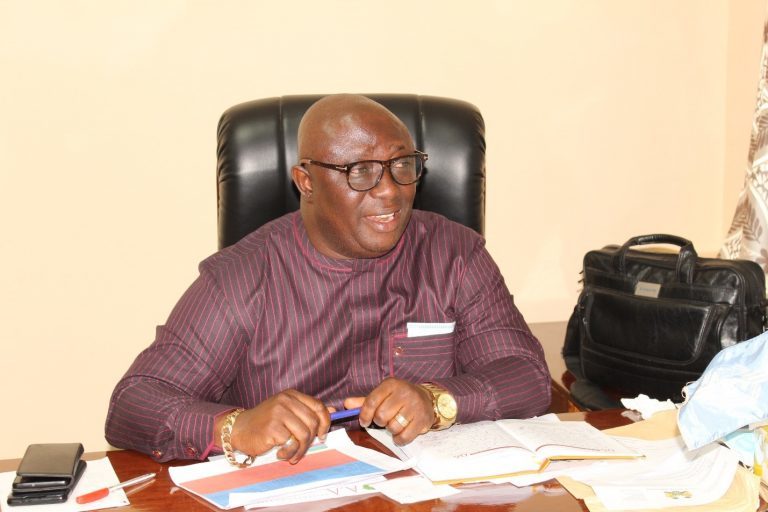By: Sulaiman Aruna Sesay
Sierra Leone is endowed with a wide range of mineral resources. Among these resources are diamonds, iron ore, bauxite, gold, rutile, and chromite. These natural commodities should have placed the country in a prominent position in terms of development by now. Despite the abundance of mineral resources, Sierra Leone remains one of the poorest nations in the world. But, how far Sierra Leone has gone in terms of development, despite having such immense mineral wealth?
It is no secret that Sierra Leone is a country that has been plagued by decades of civil war, political instability, and poor governance. These factors have undoubtedly contributed to the underdevelopment of the country despite its abundant natural resources. For instance, the diamond industry, which generates about 30% of the country’s gross domestic product (GDP), has been plagued by corruption, illegal mining, and smuggling. The result is that the diamond industry has not lived up to its potential as a catalyst for development. The iron ore industry, which is the country’s largest export, has also been marked by controversies, including allegations of bribery, tax evasion, and environmental destruction. The Tonkolili mine, which was once touted as a key driver of economic growth, was sold to a Chinese company, Shandong Iron and Steel, and subsequently shut down due to falling iron ore prices and other challenges. The collapse of the iron ore industry has had a significant impact on the country’s economy, contributing to high unemployment rates and a decline in GDP growth.
The iron ore industry, which is the country’s largest export, has also been marked by controversies, including allegations of bribery, tax evasion, and environmental destruction. The Tonkolili mine, which was once touted as a key driver of economic growth, was sold to a Chinese company, Shandong Iron and Steel, and subsequently shut down due to falling iron ore prices and other challenges. The collapse of the iron ore industry has had a significant impact on the country’s economy, contributing to high unemployment rates and a decline in GDP growth.
Gold, another mineral resource found in Sierra Leone, has also been underdeveloped. While small-scale artisanal mining is prevalent in the country, the regulatory framework for the gold sector is weak, leading to environmental destruction, child labour, and human rights abuses. The government’s failure to enforce existing laws and regulations has meant that the gold industry continues to operate in a largely unregulated environment.
Rutile and chromite are also mineral resources that hold promise for economic development in Sierra Leone. However, their contribution to the country’s development has been minimal, largely due to inadequate infrastructure, lack of investment, and poor governance.
Sierra Leone has failed to fully realize the potential of its mineral resources to drive economic growth and development. Despite having abundant natural resources, the country remains one of the poorest in the world. The weak regulatory framework, poor governance, and inadequate infrastructure have hindered the development of the mineral sector and the economy at large. The government needs to take concrete steps to address these challenges and ensure that the mineral resources are exploited in a sustainable and responsible manner. This will involve improving transparency, accountability, and strengthening institutional frameworks. Only then can Sierra Leone hope to achieve meaningful development and lift its people out of poverty.













